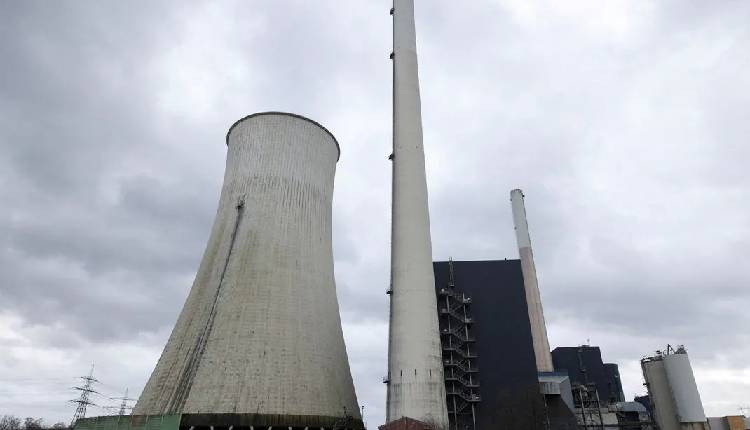Germany’s CO2 drop in 2023, lowest in 70 years
Germany’s carbon dioxide emissions in 2023 reached their lowest point since the 1950s due to a decrease in coal-fired power and a reduction in production by energy-intensive industries, as reported by Reuters according to a study released on Thursday.
However, the study warns that this reduction is not maintainable without modifications to climate policy.
Germany has set a goal to reduce its greenhouse emissions by 65 per cent by 2030, compared to 1990 levels, as part of its plan to achieve carbon neutrality by 2045.
A study from the Berlin-based Think tank, Agora Energiewende, revealed that CO2 emissions in Germany, which is Europe’s largest economy, dropped to 673 million tonnes last year. This is the lowest since the 1950s, and it’s 46% less than the 1990 levels. This achievement surpasses the government’s 2023 climate target of 722 million tonnes.
As the study indicated, an upsurge in domestic renewable energy production, now accounting for over 50%, and an increase in imported electricity led to the lowest level of coal-fired electricity production since the 1960s. This reduction contributed to a CO2 savings of 44 million tonnes.
Germany is planning to eliminate coal by 2038, but Economy Minister Robert Habeck is pushing for an earlier deadline of 2030. This earlier date has gained acceptance in the western states of Germany, but the eastern brown coal belt is opposing it.
The study also noted that industry emissions hit the government’s targets, with a year-on-year decrease of 12 per cent to 144 million tonnes. This followed an 11 per cent reduction in energy-intensive production. However, the study warned that this decline might be reversed this year due to the sector’s recovery.
Last year, manufacturers in energy-intensive industries reduced their production because of increasing gas prices in Europe. This increase was due to a change from Russian piped gas to imported liquefied natural gas after Moscow invaded Ukraine.
“The consequences of the fossil energy crisis and the slowdown in the economy are particularly evident in the CO2 emissions of energy-intensive industries,” stated Think Tank Director Simon Mueller.
Despite a general decrease in 2023, the transport and building sectors failed to meet their emissions targets.
Buildings, primarily due to heating, released 109 million tonnes of CO2 last year. This is a 2.7 per cent decrease from the previous year, but still exceeds Germany’s target of 101 million tonnes.
Mueller stressed the need for swift implementation of a bill, introduced last year, that promotes green energy and communal heating to realign the sector with the 2030 goals.
Moreover, CO2 emissions in the transport sector dropped 2 per cent to 145 million tonnes in 2023, failing to meet the goal of 133 million tonnes. The study revealed a stagnant market share of 20 per cent for electric cars and recommended reforming tax subsidies and expanding public transport to achieve the target.
The study further indicated that achieving the 2030 CO2 targets requires government funding. However, this has become notably constrained following a constitutional court decision last year that nullified about €60 billion of unspent debt designated for climate initiatives.
“A clever mix of instruments can ensure that we achieve more climate protection for every euro from the state treasury,” Mueller commented.


